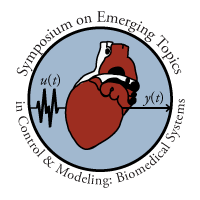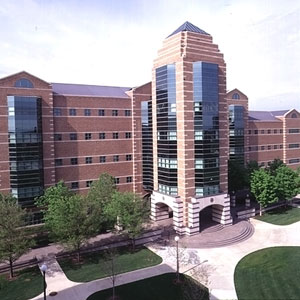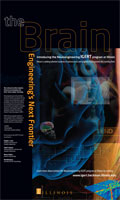
About the Symposium
This symposium is the 2nd part of the series on Emerging Topics in Control and Modeling, and follows the Symposium on Alternative Energy Systems. Given the steady increases in medical treatment costs in the U.S. and abroad, densification of urban areas heightening epidemic vulnerability, and continual under-treatment in undeveloped nations, it is clear that alternatives to current biomedical research approaches must be explored. The symposium will approach biomedical research from the control and modeling perspective. Essentially all biomedical systems, whether they are a medical instrument, an organ, or a cellular process such as transcription, as examples, are systems with input-to-output relationships that can be modeled. This symposium will highlight researchers treating biomedical systems as such, as well as the classical and emerging control and modeling tools they employ to solve these pertinent problems. We believe that this non-traditional approach has the ability to drive down medical costs and develop new biomedical solutions.
The symposium will engage the full spectrum of biomedical researchers through the following sessions:
- invited presentations by academic, clinical, and industrial researchers,
- an Interactive Session, where graduate students can present posters/videos and biomedical technology companies can highlight control and modeling technology used in their latest instruments and analyses,
- and a panel session that includes clinical researchers to provide their perspective on the translational potential of the discussed research.
Concepts from systems control and modeling will be applied to topics including:

- brain machine interfaces,
- motor neuroscience,
- rehabilitation robotics,
- epidemiology,
- drug delivery,
- genetics,
- medical imaging,
- physiology.
Official Program
About the Beckman Institute

The Beckman Institute for Advanced Science and Technology at the University of Illinois at Urbana-Champaign is an interdisciplinary research institute devoted to leading-edge research in the physical sciences, computation, engineering, biology, behavior, cognition, and neuroscience.

The Institute's primary mission is to foster interdisciplinary work of the highest quality, transcending many of the limitations inherent in traditional university organizations and structures. The Institute was founded on the premise that reducing the barriers between traditional scientific and technological disciplines can yield research advances that more conventional approaches cannot.
The Institute is also home to the new Neuroengineering IGERT program at the University of Illinois. For more information on the research themes of the Beckman Institute, please click here.
About the Coordinated Science Laboratory
The University of Illinois' Coordinated Science Laboratory is a premier, multidisciplinary research laboratory that focuses on information technology at the crossroads of computing, control and communications.
With a rich history of nearly 60 years of innovation, CSL has developed and deployed new technologies that have achieved international scientific recognition and transformed society.
Led by a faculty of world-renowned experts and researchers, CSL uses these innovations to explore critical issues in defense, medicine, environmental sciences, robotics, life-enhancement for the disabled and aeronautics.
For more information on the Coordinated Science Laboratory, please click here.